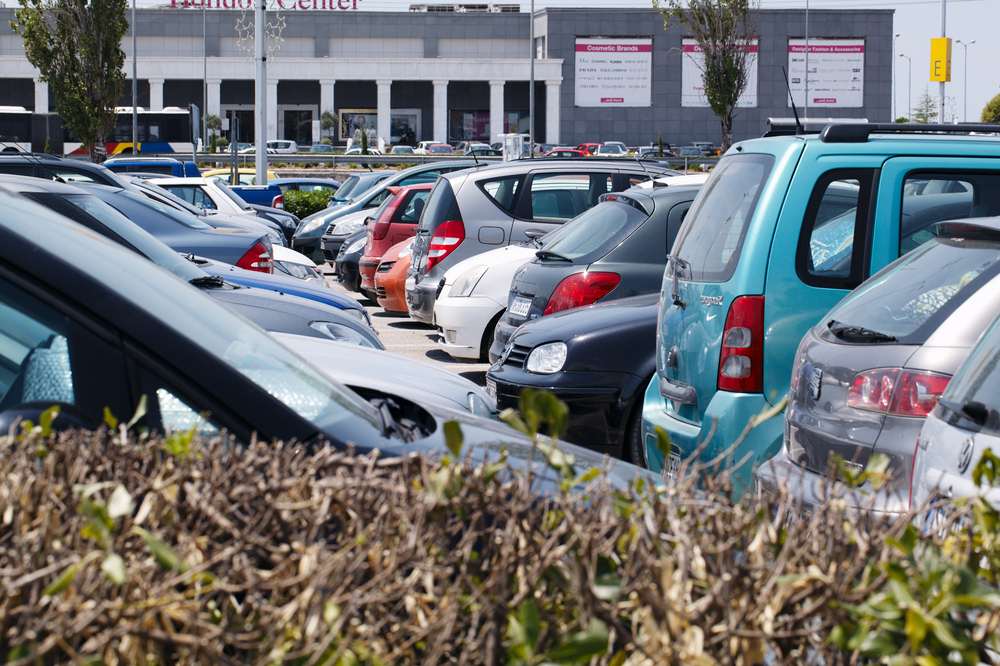Top Stories
The Auto Coin Launches as First Cryptocurrency Based on a Hybrid Blockchain to Revolutionise Commercial Payments for Cars
Published : 6 years ago, on
Automotive market disrupters, The Auto Block, announces launch of The Auto Coin, a simple, commercial solution to purchase cars through cryptocurrency
The Auto Coin, the first standalone blockchain-based cryptocurrency created specifically for the automotive industry, has been launched to offer cryptocurrency owners the revolutionary opportunity to use their coins to be able to pay for new vehicles through a secure and digital transaction for the very first time.
The Auto Coin has been built in response to a growing demand for a place to spend cryptocurrency – particularly in the UK. Its introduction into the market will result in a new and substantial outlet for cryptocurrency owners to spend their digital assets where previously there hasn’t been before, as to date it has been virtually impossible to spend it.
Powering The Auto Coin is a hybrid blockchain technology combining both private and public blockchain. The ability to utilise the private blockchain platform increases eco-efficiencies as it requires far less power computational power to run. The Auto Coin uses leased proof-of-stake consensus which a user can own or lease to reflect the users mining power. To mine, users will need a hosted server and at least 1,000 coins, of which, there will be a fixed supply of 400 million available.
Mohamed Ezeldin, director of The Auto Coin, said: “As a completely new purchasing model, The Auto Coin also addresses flaws in the current blockchain system by using a hybrid approach. Through its revolutionary approach to bridging the gap between current online consumer buying habits, and digital finances, The Auto Coin’s main aim is to bring cryptocurrency into the mainstream and offer a commercial level for using digital coins for payment.”
Thomas Delgado, CEO of We Buy Cars Today (webuycarstoday.co.uk), believes Auto Coin will transform the automotive industry: “As one of the UK’s leading car buying companies, with hundreds of thousands of customers over the past seven years, we recognise how blockchain technologies are gaining momentum within the industry. Consequently, we are delighted to be one of the pioneers in offering the Auto Coin option, enabling faster and more secure transactions for our customers and a way to unlock new business opportunities for ourselves.”
The Auto Coin also benefits from the same level of anonymity as other coins to support secure and private transactions. This allows cryptocurrency users purchasing cars to not have to exchange any personal information when making their payments and all assets will be stored on the Hyper Ledger Fabric. The Auto Coin will be running this on public blockchain platform Ethereum and using smart contracts to communicate between both blockchains.
The entire platform has been engineered to enable and enhance vehicle payments by making them instantaneous, with the ability to process 200,000 transactions per second. Currently, traditional credit or debit payments, which also carry with them high transaction fees, within the automotive space are often hampered by delays in clearance by the buyer’s bank, this can result in lengthy and embarrassing wait times for new car owners.
Through the technology, buyers will simply have to scan a QR code to make the purchase of their vehicle.
Ezeldin continued: “The Auto Coin is solving the ‘now’ issue for the future of the use of cryptocurrency – the automotive sector is just one market where using this digital currency can be applied.”
The ICO of The Auto Coin sale has just started and is expected to finish in mid-September.
For more information, please visit: www.theautoblock.com/autocoincars

-
Finance3 days ago
Phantom Wallet Integrates Sui
-
Banking4 days ago
Global billionaire wealth leaps, fueled by US gains, UBS says
-
Business3 days ago
Puig shares drop after withdrawal of some batches of Charlotte Tilbury spray
-
Finance3 days ago
UK firms flag over $1.4 billion in labour costs from increase in national insurance, wages







